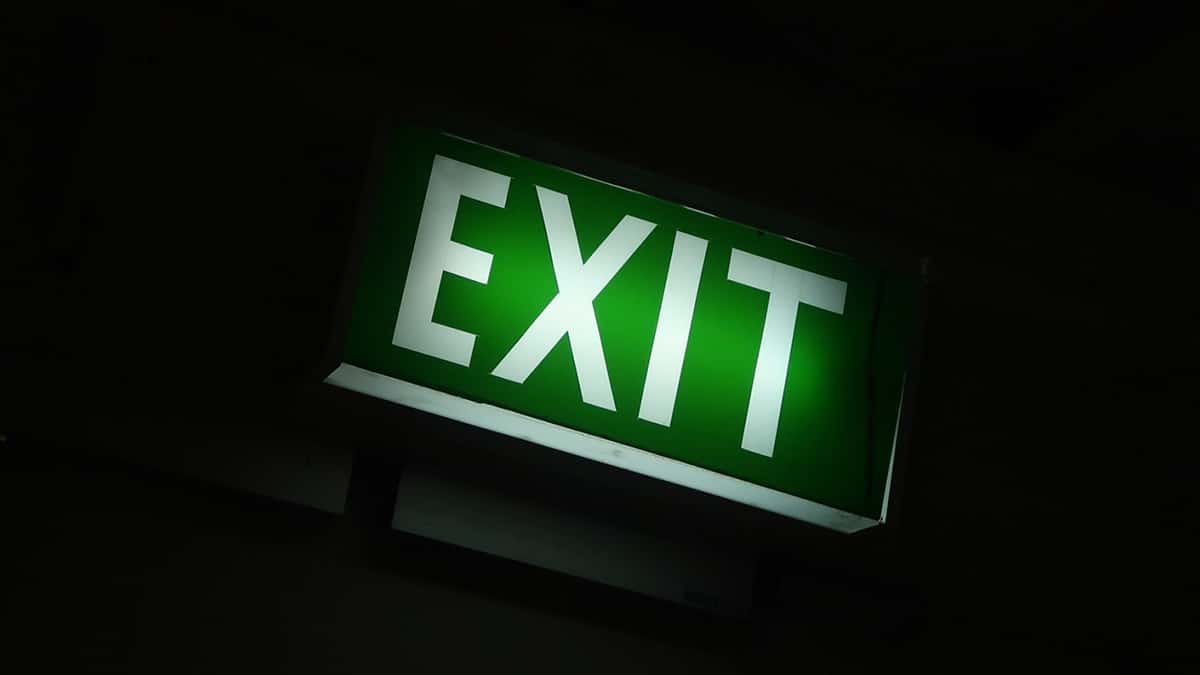In this guide
If you are a small business owner looking to use the capital built up in your business to help fund your retirement, you’re in luck. There are two capital gains tax (CGT) exemptions with the potential to boost your super when you sell your business assets.
These concessions generally apply to any active asset your business owns and sells at a profit, provided your annual turnover is below $2 million.
Using business sale proceeds to boost your super
As mentioned above, there are two CGT exemptions available to business owners who want to give their super a shot in the arm.
There is the small business 15-year exemption, which exempts the capital gain on the sale of a business asset you have owned for at least 15 years if you are aged 55 or over and are retiring or if you are permanently incapacitated (at any age). These sale proceeds can be contributed to your super and are generally a non-concessional contribution. To exclude the amount from your non-concessional contributions cap and have it count towards your CGT cap amount instead ($1,780,000 for 2024–25), you must notify your super fund.
If you are eligible for the 15-year exemption, you must choose to apply it and your entire capital gain will be tax free.
Read more about the 15-year CGT exemption.
Then there’s the small business retirement exemption that can be applied if you are not eligible for the 15-year exemption.
For this exemption the business owner can disregard up to $500,000 of capital gains when they dispose of an active asset. There is no age limit on when you can take advantage of this exemption, but if you are under 55 you must contribute the amount into a super fund and you can only make contributions to super up to age 75.
Business owners can choose to disregard all or part of a capital gain under this exemption.
This article deals with the small business retirement exemption.
How does the small business retirement exemption work?
When you sell an active business asset and make a capital gain, a decision must be made as to what to do with that gain once any capital losses are also applied.
Yes, you can plan your retirement without a financial adviser
- Step-by-step guides help you plan and take action
- Simple changes can make a big difference to your super balance
- Calculators, case studies and Q&As give you greater confidence
- Make sure your super is performing and lasts longer



Leave a Reply
You must be logged in to post a comment.